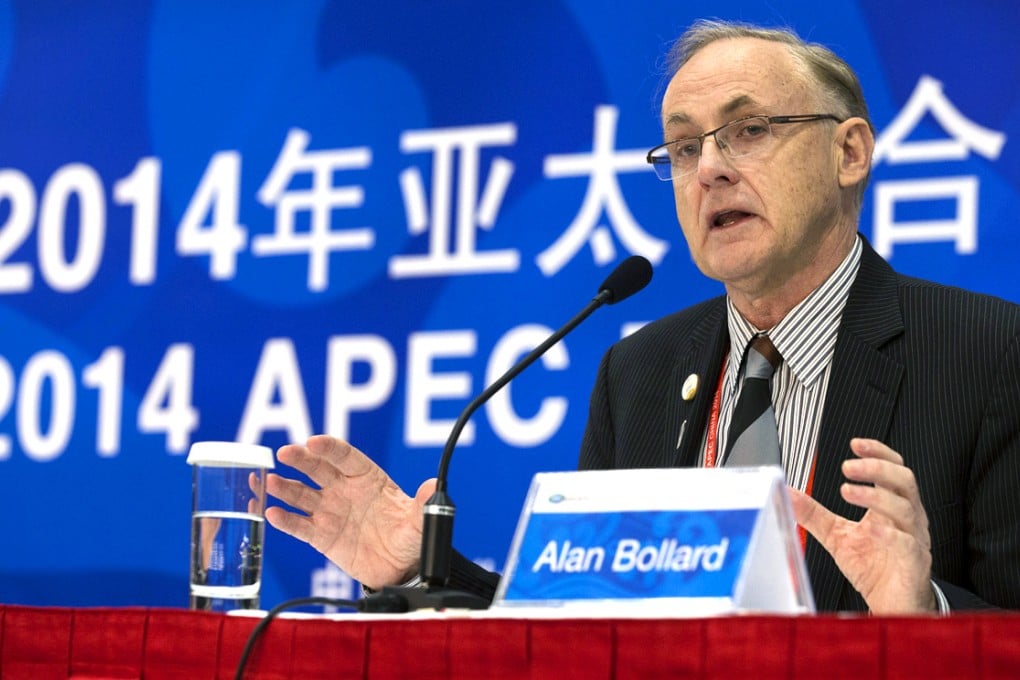Apec to set up network to track down and extradite corrupt officials
Apec will reveal details in the next few days of an unprecedented cross-border network to pursue and extradite corrupt officials.

Apec will reveal details in the next few days of an unprecedented cross-border network to pursue and extradite corrupt officials.
It will be covered by a declaration leaders gathering in Beijing next week for the Apec summit are expected to sign to fight corruption in the Asia-Pacific.
Analysts said the push was a warning to corrupt Chinese officials but the process would be complicated by the lack of extradition treaties between China and some countries in the region.
Apec Secretariat executive director Alan Bollard said yesterday that law enforcement agencies across the Asia-Pacific Economic Cooperation's economies would link up for the first time to pass on cases to each other, work out ways to prosecute and convict offenders, and recover assets smuggled overseas.
Bollard said the move would mark a shift from policy to practice but still had to be approved by the member countries.
"Now, we have practitioners who [will] get together to talk about particular cases and look at sharing information and sharing powers provided that can be done in line with the laws of the individual economies," Bollard said.